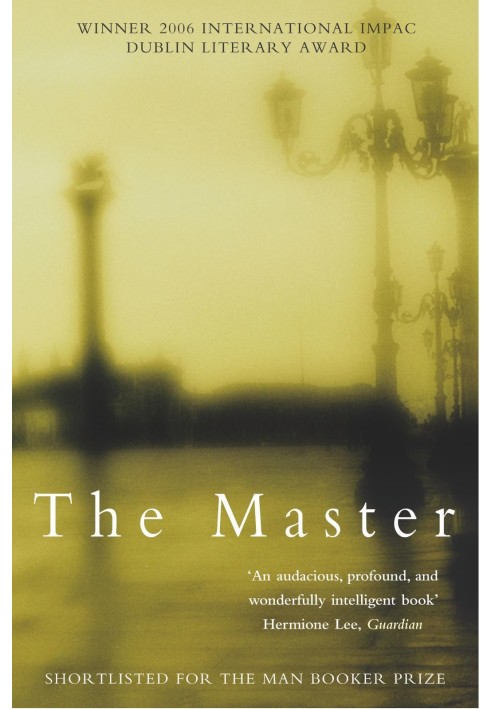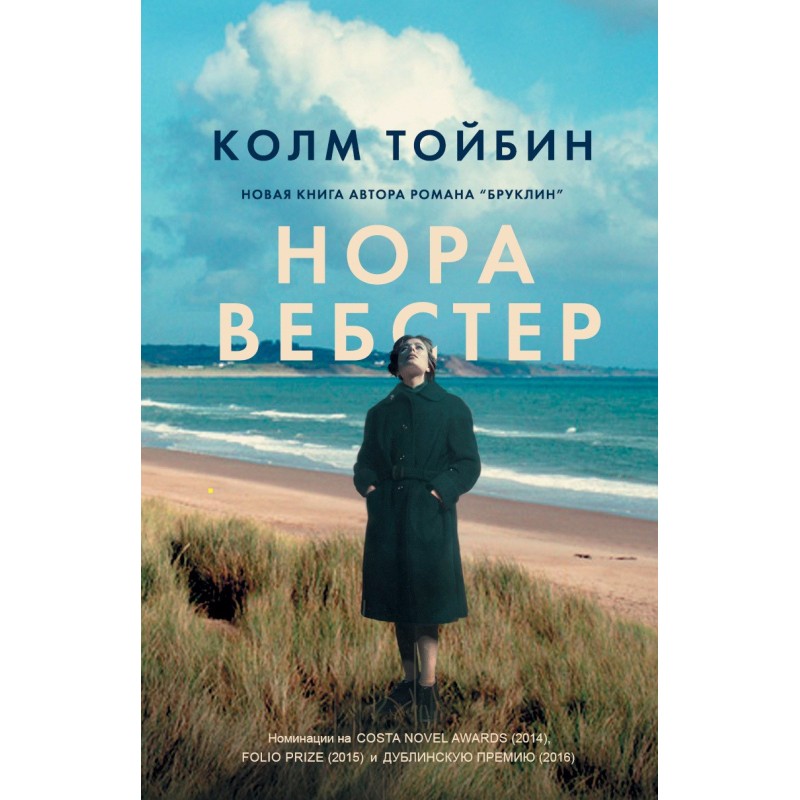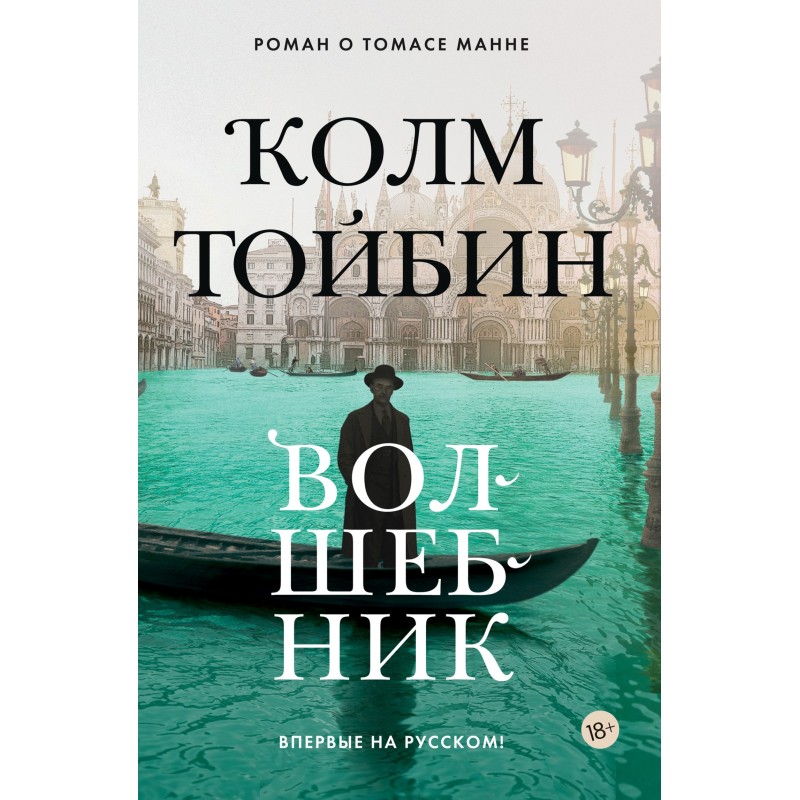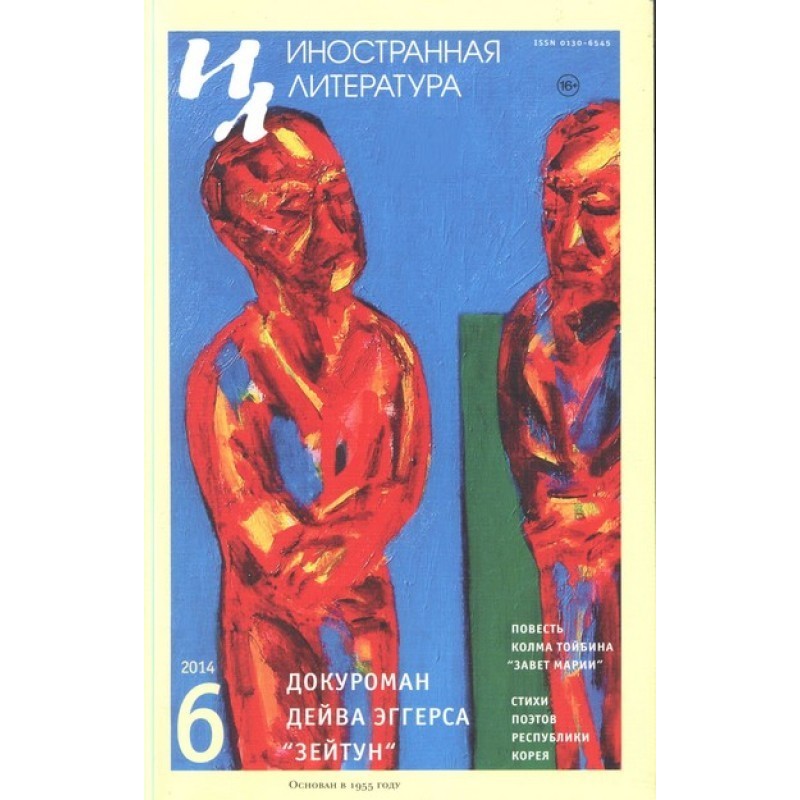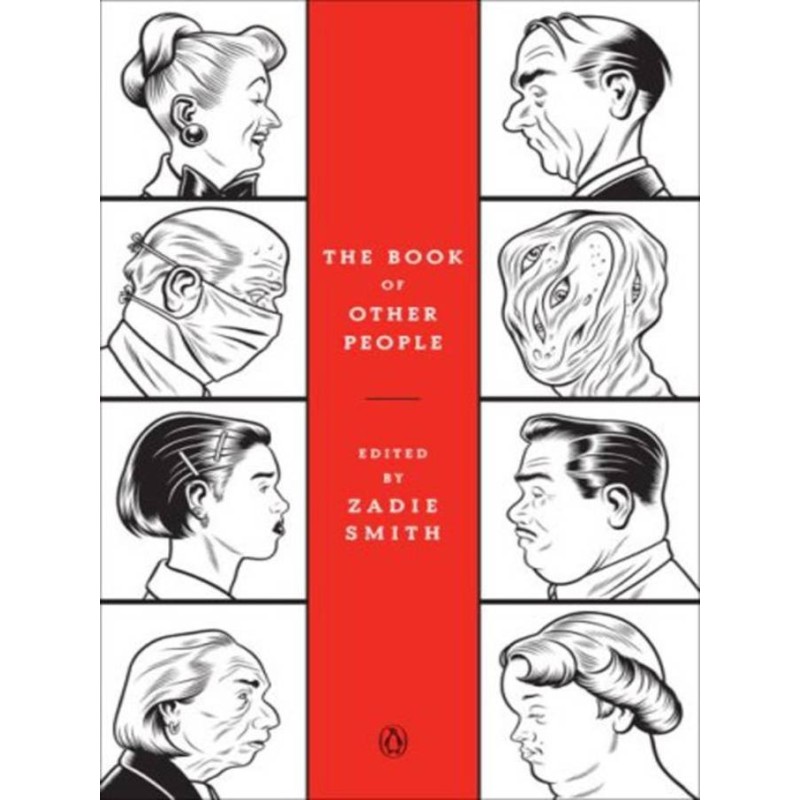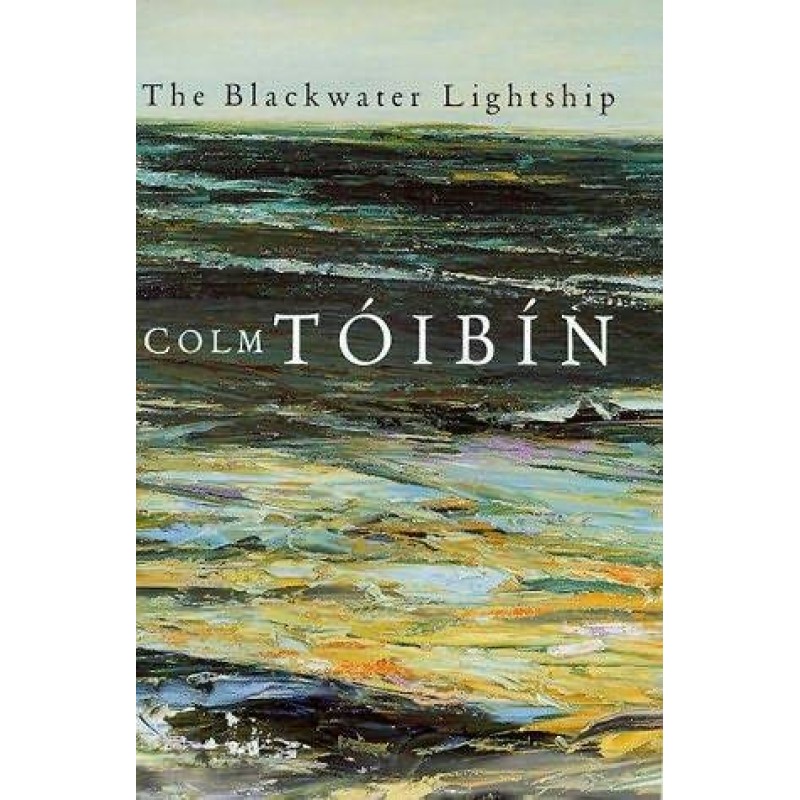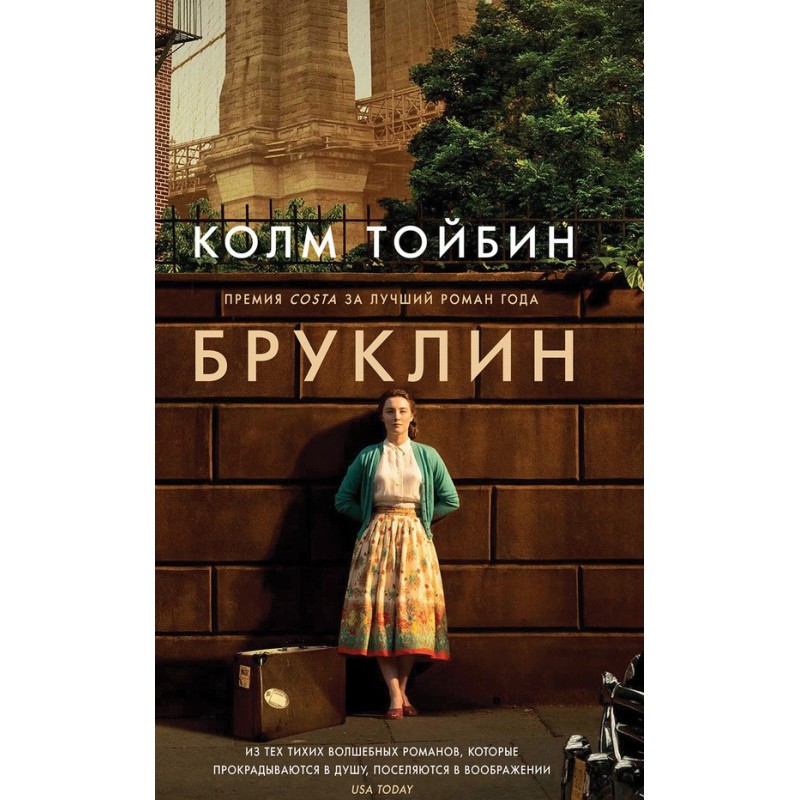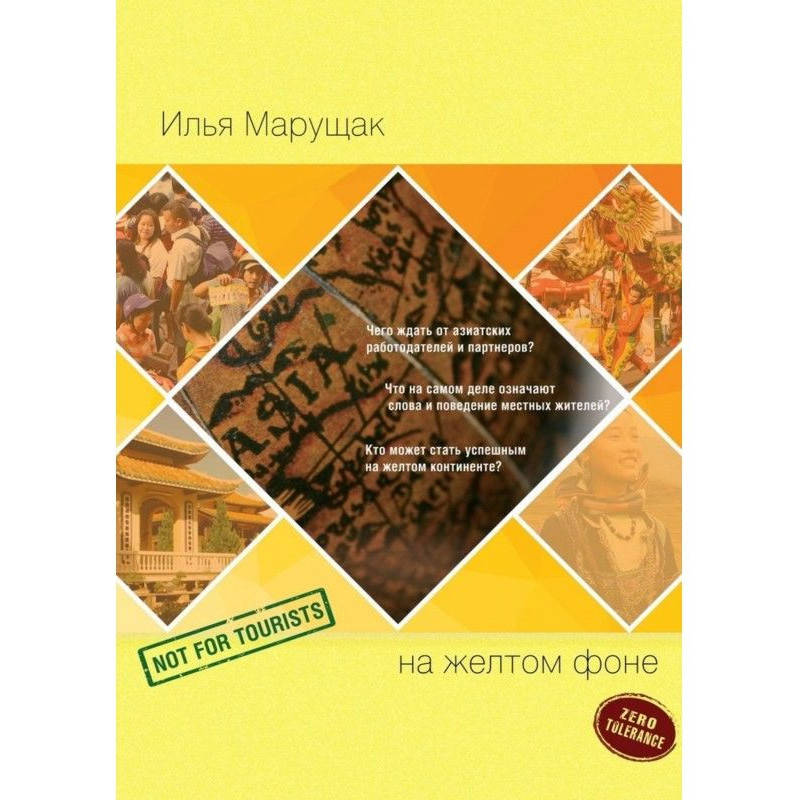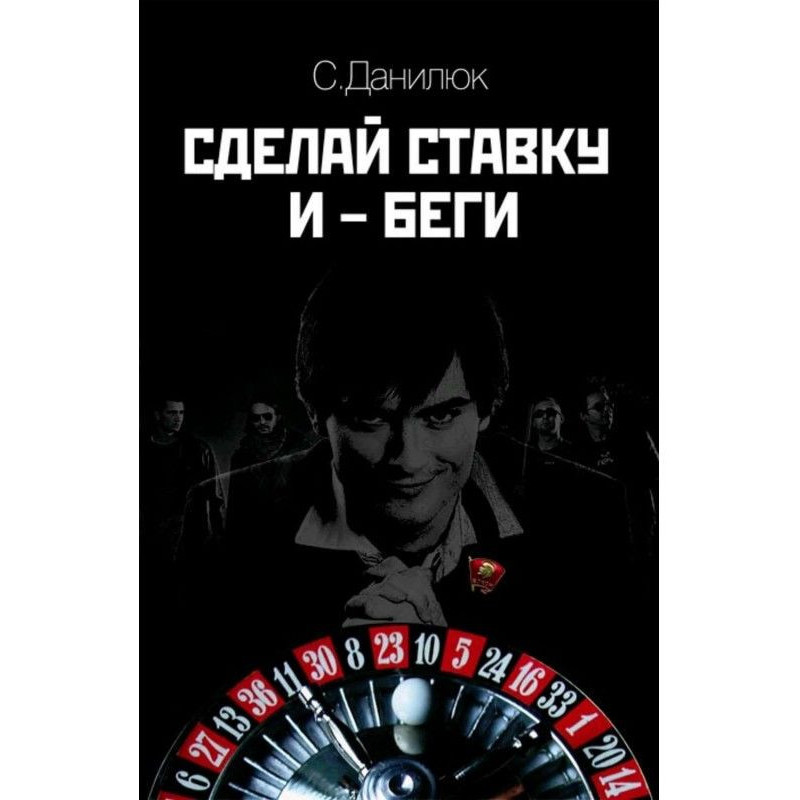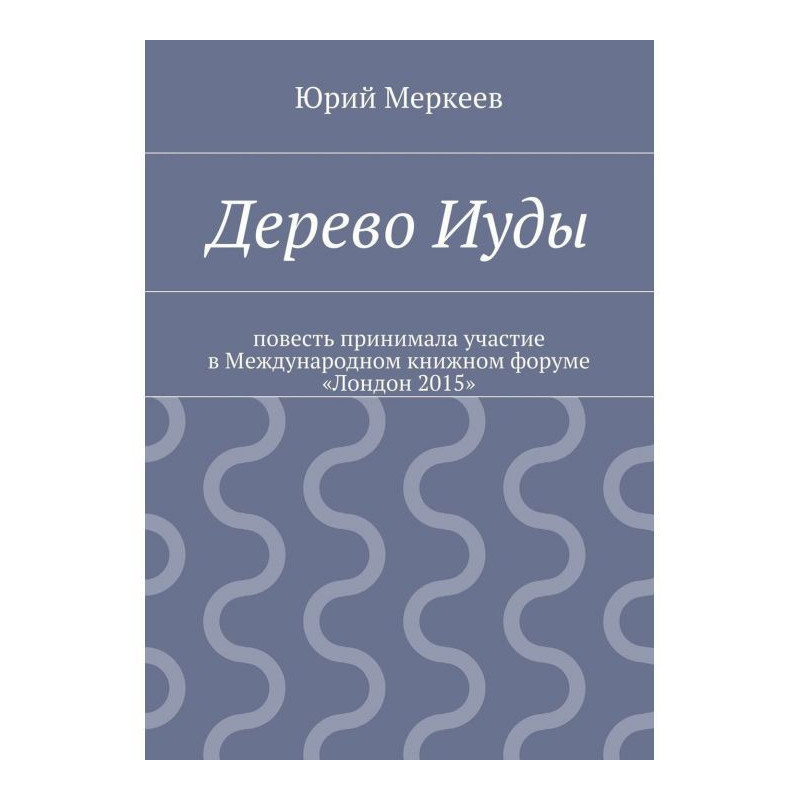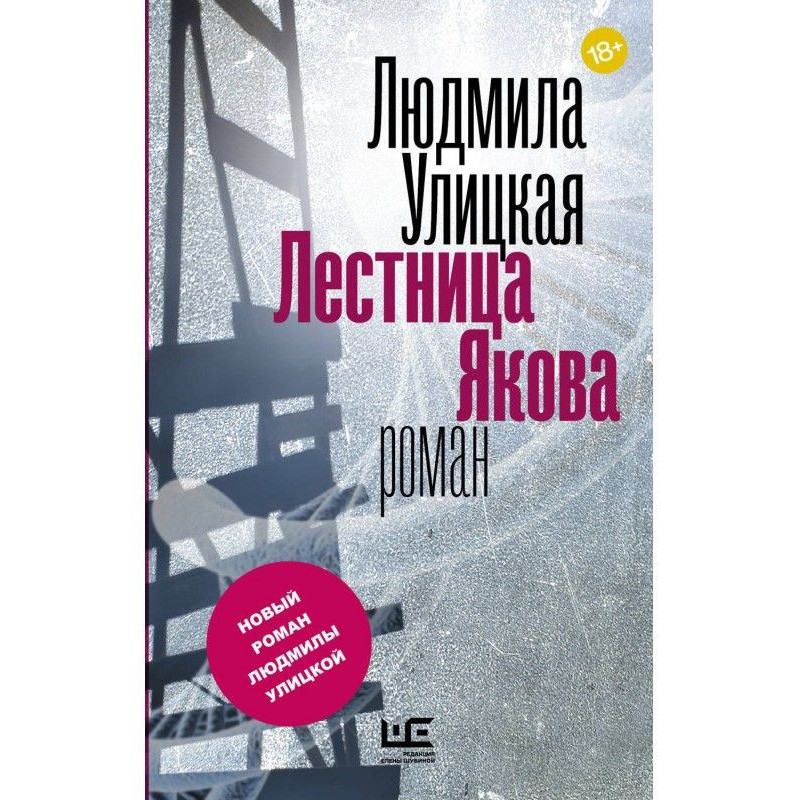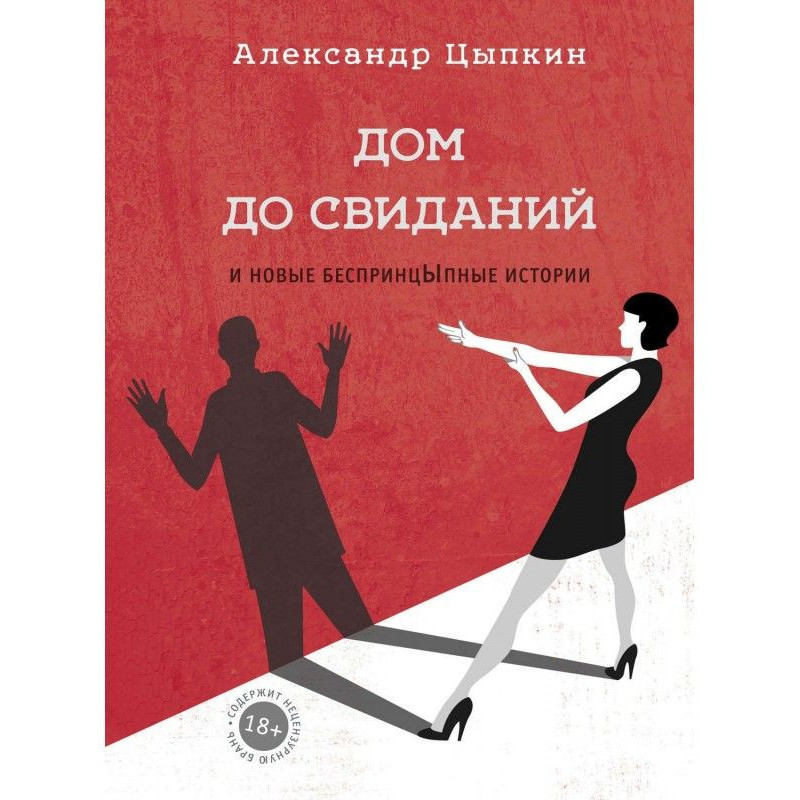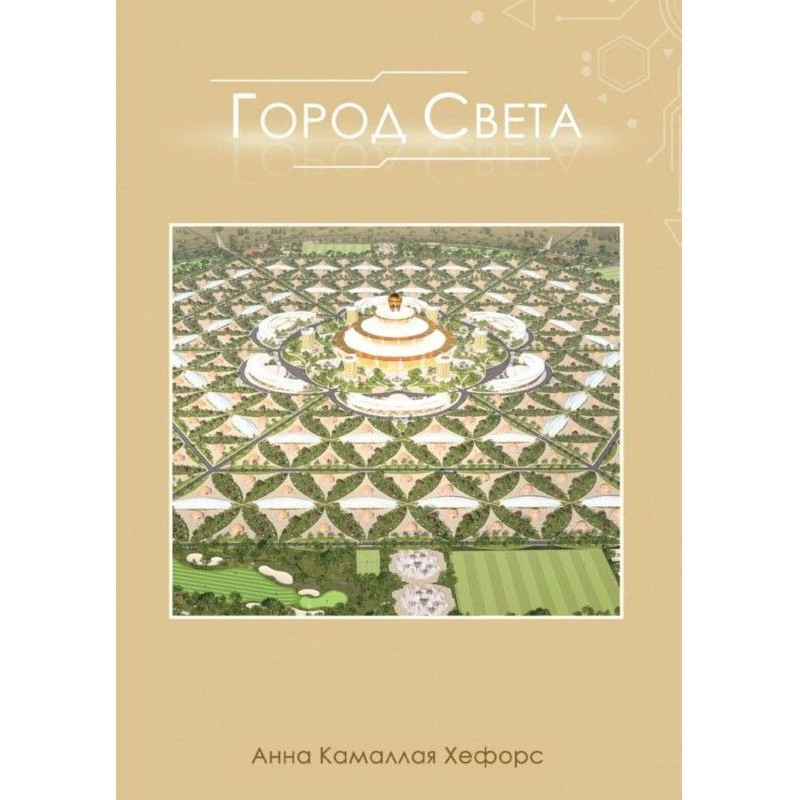The Master
 Instant download
Instant download
after payment (24/7)
 Wide range of formats
Wide range of formats
(for all gadgets)
 Full book
Full book
(including for Apple and Android)
It's a bold writer indeed who dares to put himself inside the mind of novelist Henry James, but that is what Tóibín, highly talented Irish author of The Heather Blazing and The Blackwater Lightship, has ventured here, with a remarkable degree of success. The book is a fictionalized study, based on many biographical materials and family accounts, of the novelist's interior life from the moment in London in 1895 when James's hope to succeed in the theater rather than on the printed page was eclipsed by the towering success of his younger contemporary Oscar Wilde. Thereafter the book ranges seamlessly back and forth over James's life, from his memories of his prominent Brahmin family in the States-including the suicide of his father and the tragic early death of his troubled sister Alice-to his settling in England, in a cherished house of his own choosing in Rye. Along the way it offers hints, no more, of James's troubled sexual identity, including his fascination with a young English manservant, his (apparently platonic) night in bed with Oliver Wendell Holmes and his curious obsession with a dashing Scandinavian sculptor of little talent but huge charisma. Another recurrent motif is James's absorption in the lives of spirited, highly intelligent but unhappy young women who die prematurely, which helped to inform some of his strongest fiction. The subtlety and empathy with which Tóibín inhabits James's psyche and captures the fleeting emotional nuances of his world are beyond praise, and even the echoes of the master's style ring true. Far more than a stunt, this is a riveting, if inevitably somewhat evasive, portrait of the creative life.From The Washington PostSay, with due reverence, "the Master" and any serious novel-reader instantly knows you are referring to Henry James (1843-1916). No one else in American or English literature comes close to matching James in his austere dedication to the writer's life. From the time of his first story – about adultery, published in 1865 – he elected to follow a path of essential loneliness. James mingled with society, dined with the great and the good on two continents, and listened and observed with guarded intensity. He made himself into the most sensitive possible register of social nuance, unspoken yearnings, hidden liaisons. But he remained apart from the fray, looking on the tumultuous, sorrowful human comedy with a pity tempered by compassionate understanding for our failings, sins and wounding misjudgments. Tout comprendre, c'est tout pardonner might almost be James's artistic motto. All his own joys were, to the eyes of the world, muted, perhaps nonexistent. In one of his novels a character proclaims: "Live life. Live all you can. It's a mistake not to," and yet the Master himself seems never to have heeded this liberating affirmation and instead funneled all his animal vitality into the making of such masterpieces as The Portrait of a Lady, "The Turn of the Screw," "The Aspern Papers," The Ambassadors, and that greatest of all accounts of a missed life, "The Beast in the Jungle."Colm Toibin alludes to each of these novels, novellas and stories (and several others) in this moving portrait of the artist in late middle age. Here the Irish novelist – hitherto best known for The Blackwater Lightship, which was short-listed for the Booker Prize – builds on the research and speculations of numerous scholars to construct a novel about James's interior life. This requires the utmost delicacy. In one sense, The Master might almost be viewed as an extreme example of what the French call the vie romancée, a highly embellished form of biography that goes beyond austere scholarship to adopt the exuberance and methods of fiction. Henri Troyat's Tolstoy, for instance, was faulted for being too exciting, too artful, too much like a Tolstoy novel. Similar charges have been leveled at the work of Peter Ackroyd on Dickens and Edmund Morris on Ronald Reagan. Readers tend to grow uneasy when they start to wonder where the facts stop and the artistic license begins.But Toibin's impersonation of James works beautifully. The prose is appropriately grave and wistful, the sentences stately without being ponderous, the descriptions at once precise and evocative. The action, such as it is, moves smoothly from a time of temporary desolation to memories of horrible physical and mental suffering to angst-filled comedy (James dithering about how to deal with two drunken servants, James uncertain about how to dispose of the dresses of a dead woman). Toibin focuses on his subject in the years between 1895, when James's play "Guy Domville" was hooted on its opening night, and 1899, when his elder brother William came to visit at Lamb House, his beloved residence in Rye. But in between Toibin recreates scenes from James's childhood, offers a subtle interpretation of the apparent back injury – the so-called great "vastation" – that kept him out of the Civil War and helped make him an artist, and systematically introduces many of the people important in the writer's life. Most of these are women: his protective mother; his bitterly witty invalid sister Alice; the life-enhancing Minny Temple, adored by all the young men at Harvard, including Oliver Wendell Holmes Jr., and – most heartbreaking of all – the novelist Constance Fenimore Woolson, who quietly fell in love with James and then killed herself when it seemed he had abandoned her. All these figure as agents who help him determine his artistic destiny or as temptations to relinquish it for a more human existence. Toibin does suggest that James's fundamental nature was homosexual, if largely unexpressed: He is notably fine in evoking the erotic tension between the novelist and a servant named Hammond (presumably fictional) and the "bewitched confusion" James feels for the sculptor Hendrik Andersen, portrayed here as muscular, ambitious, rather stupid and blindly selfish. One never knows where love will strike.Toibin's masterly prose excels particularly in an easy-going command of the style indirect libre, which conveys a character's mental processes in the third person: "He wished that he was halfway through a book, with no need to finish until the spring when serialization would begin. He wished he could work quietly in his study with the haunting gray morning light of the London winter filtered through the windows. He wished for solitude and for the comfort of knowing that his life depended not on the multitude but on remaining himself." James himself specialized in this technique – he preferred to avoid dialogue as much as possible – because it allowed for the gradual unspooling of a thought, the patient dissection of an emotion or a motive. In The Master, Toibin uses it not only to enter James's mind but also as a means of giving us his reflections on his vocation. Though a novel, The Master is almost a breviary of the religion of art. Consider these three different, but equally striking, passages:"Once it became more solid, the emerging story and all its ramifications and possibilities lifted him out of the gloom of his failure. He grew determined that he would become more hardworking now. He took up his pen again – the pen of all his unforgettable efforts and sacred struggles. It was now, he believed, that he would do the work of his life. He was ready to begin again, to return to the old high art of fiction with ambitions now too deep and pure for any utterance.""And in one of those letters [to John Gray] she had written the words which… Henry thought now maybe meant more to him than any others, including all the words he had written himself, or anyone else had written. Her words haunted him so that saying them now, whispering them in the silence of the night brought her exacting presence close to him. The words constituted one sentence. Minny had written: 'You must tell me something that you are sure is true.' That, he thought, was what she wanted when she was alive and happy, as much as when she was dying… The words came to him in her sweet voice, and as he sat on his terrace in the darkness he wondered how he would have answered her if she had written the sentence to him.""As an artist, he recognized, Andersen might know, or at least fathom the possibility, that each book he had written, each scene described or character created, had become an aspect of him, had entered into his driven spirit and lay there much as the years themselves had done. His relationship with Constance would be hard to explain; Andersen was perhaps too young to know how memory and regret can mingle, how much sorrow can be held within, and how nothing seems to have any shape or meaning until it is well past and lost and, even then, how much, under the weight of pure determination, can be forgotten and left aside only to return in the night as piercing pain." There are many other wise, if often rather doleful, observations in The Master, for the book seeks, in part, to show how a novelist transmutes his own experiences into something rich and strange and true: So, Minny Temple and Alice James are reimagined, in part, as Isabel Archer or Daisy Miller. Sometimes one feels a little too strongly that Toibin is plumping down the "real" events and figures behind the better known fictive ones. Sometimes it seems that he veers close to the besetting fault of so much historical fiction, that of having the hero mention or meet virtually every famous figure of the time. For instance, in the final pages of the book, in a single conversation, he presents William James outlining the lectures that will become The Varieties of Religious Experience, Henry James describing his current projects – clearly "The Beast in the Jungle" and The Ambassadors – and their visitor Edmund Gosse announcing that he's been mulling over a book about his childhood, one that will obviously become the only thing people still read by him, the wonderful Father and Son. Excessive? Perhaps. But such great works are the final justification for lives spent thinking and writing about the nature of human experience.The Master is hardly a typical summer book, but it is convincing and enthralling. Those of an investigative bent might read it with an occasional glance through some of the biographical scholarship that Toibin cites in his acknowledgments. Others, new to James, might go on to look at the Master's actual work, starting perhaps with John Auchard's recently revised Portable Henry James (Penguin), an exceptional work of selection and distillation. But you don't need to do either of these. Colm Toibin has written a superb novel about a great artist, and done it in just the right way. It is worth reading just for itself – and for insights like this one: At Harvard, we are told, the young Henry James suddenly understood "the idea of style itself, of thinking as a kind of style, and the writing of essays not as a conclusive call to duty or an earnest effort at self-location, but as play, as the wielding of tone." That is something I am sure is true.Copyright 2004, The Washington Post Co. All Rights Reserved.
Data sheet
- Name of the Author
- Колм Тойбин
- Language
- English
Reviews
Вражаюче дослідження внутрішнього світу Генрі Джеймса
Книга "Майстер" Колма Тойбіна - це не просто біографічний роман, а справжня подорож у глибини душі одного з найзначніших письменників свого часу. Тойбін з надзвичайною майстерністю відтворює атмосферу Лондона 1895 року, коли Джеймс намагався знайти своє місце в театральному світі, в той час як його молодший сучасник Оскар Уайльд здобував величезний успіх. Автор не просто описує події, а проникає в психіку Джеймса, розкриваючи його страхи, сумніви та прагнення. Читачі отримують можливість спостерігати за його стосунками з жінками, які відіграли важливу роль у його житті, а також за його складними переживаннями щодо власної сексуальної ідентичності. Тойбін вміло поєднує факти з художньою вигадкою, створюючи багатошарову картину життя Джеймса, яка є водночас захоплюючою та зворушливою. Проза автора вражає своєю емоційною глибиною та чутливістю, що робить цю книгу обов'язковою для прочитання всім, хто цікавиться літературою та життям великих митців.

